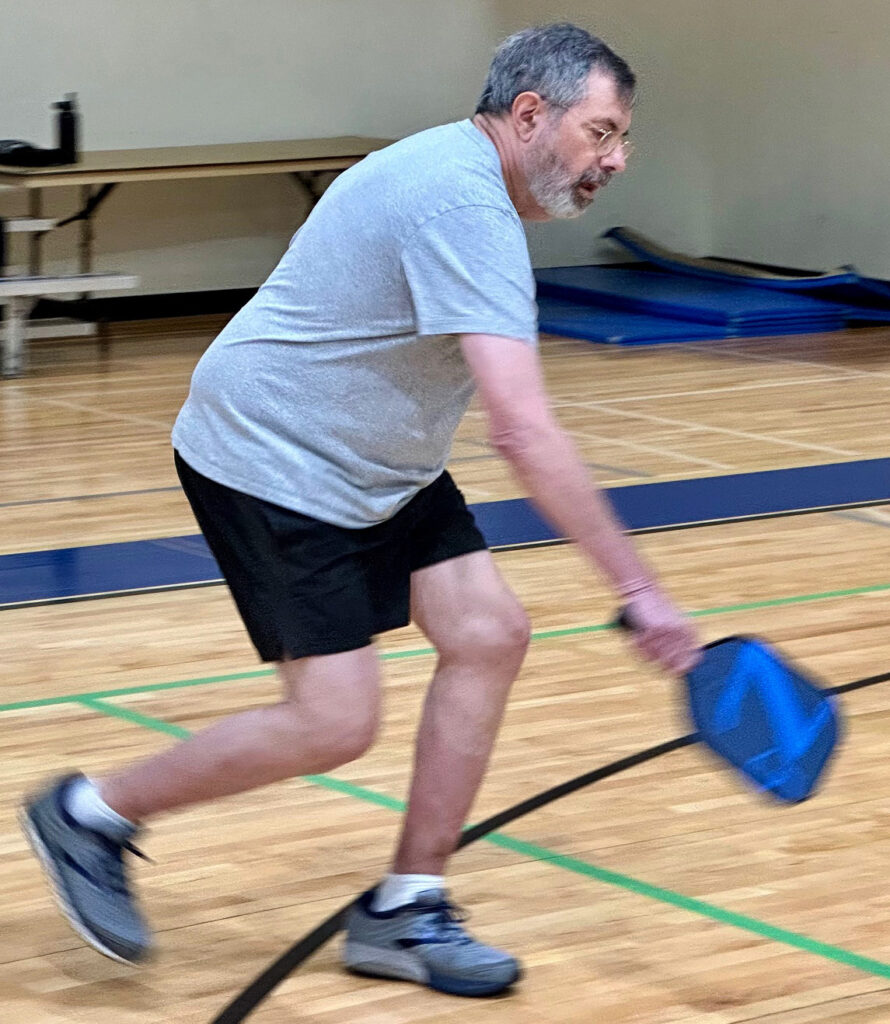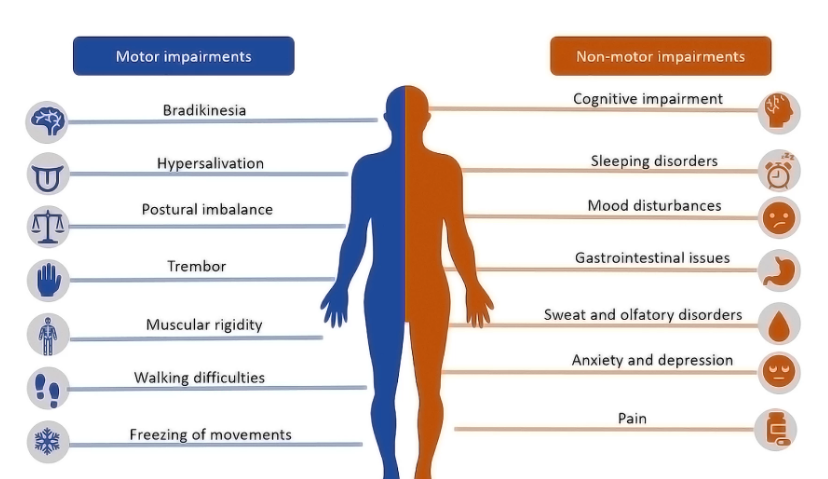Care Partner Resources
| February 25, 2021
When someone is diagnosed with Parkinson’s (PD), he/she is usually able to continue to provide self-care for some time. However, since Parkinson’s is a progressive disorder, over time the person will need more and more assistance. Often someone close to the person with Parkinson’s will step in to help out. Usually this is a spouse or adult child, but it can a sibling, parent, friend, even ex-spouse.
As the person with Parkinson’s becomes more dependent on the primary care partner, the burden or stress on the care partner increases. In addition to joining a Support Group the resources listed here will help you understand what to expect as a Parkinson’s care partner and how to look after your own needs so your health is not impacted by care partner stress.
Downloadable Documents
Becoming a Care Partner
Published by the American Parkinson’s Disease Association, 2018
This two-page educational supplement (PDF) offers tips on being a care partner for someone with Parkinson’s disease and taking care of yourself. Included is a list of online resources, including individuals and agencies useful to families managing long term illness.
Caring and Coping
Published by the National Parkinson Foundation (Now the Parkinson’s Foundation), 2018
This 176-page comprehensive guide (PDF) for care partners of people with Parkinson’s may be helpful at any stage. There are “Tip sheets” with pointers from every day care to travel concerns. And there are “Worksheets” to prepare for medical appointments, keep track of medications on a scheduling sheet, maintain a symptoms diary, and preparing to interview and trained hired care partners.
You, Your Loved One and Parkinson’s Disease
By Lonnie Ali and the Michael J. Fox Foundation. Published by the Michael J. Fox Foundation
In these four pages (PDF), originally published in Reader’s Digest, Lonnie Ali and the Michael J. Fox Foundation offer advice about the impact of Parkinson’s disease on relationships and how best to balance caring for a family member and oneself.
Parkinson’s Care Partners: Rewriting the Rule Book
Published by the Davis Phinney Foundation, 2019
This 9-page digital booklet (PDF) walks you through writing your personal rule book for living well with Parkinson’s as a Parkinson’s care partner. Having a rule book allows you to, “reset your relationship with your person with Parkinson’s; define decision making and focus on the well-being of yourself and your person with Parkinson’s; helps you identify and clarify challenges, wishes and expectations, and help you avoid feelings of anger or guilt that arise out of lack of clarity.”
Podcasts & Webinars
Advice for Parkinson’s Care Partners
By the Davis Phinney Foundation, October 24, 2018
In this 24-minute podcast, Kelsey Phinney interviews her mom, Connie Carpenter Phinney, about being a Parkinson’s care partner for over 18 years. Kelsey asks Connie several questions, including how Davis was diagnosed; how the couple told their young children; how life changed for their family; how Connie cares for herself and communicates her needs to Davis; what household changes were made for safety the well-being of both Connie and Davis; how to cope with the good days and bad days; and how Connie and Davis care for their marriage, despite Parkinson’s.
Ask the MD: Caregiving and Parkinson’s
By the Michael J. Fox Foundation, October 23, 2015
Movement disorder specialist Rachel Dolhun, MD, packs dozens of practical tips on caring for yourself and your loved one with Parkinson’s in this 3.5-minute video.
Being a PD Care Partner
By the American Parkinson Disease Association, October 19, 2020
In this installment of Dr. Gilbert Hosts, the featured guest is Lianna Marie, RN, whose mother had Parkinson’s disease. Lianna shares a few tips to make Parkinson’s caregiving easier, then answers several questions about Parkinson’s caregiving over the course of an hour.
Care Partners of People with Parkinson’s Disease
By the Parkinson’s Disease Foundation (Now the Parkinson’s Foundation), November 20, 2012
This 70-minute webinar (audio and slides) addresses the health risks of caregiving and specific strategies for looking after one’s health as a care partner through stress management techniques.
















